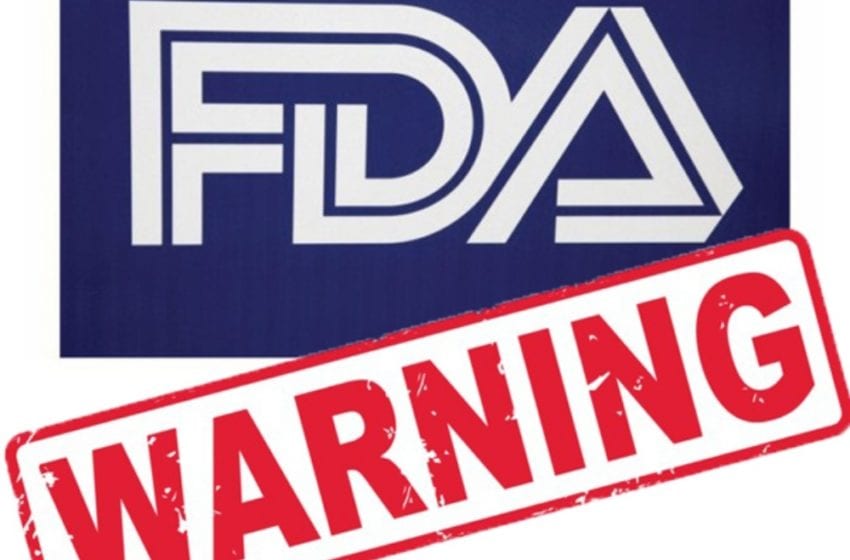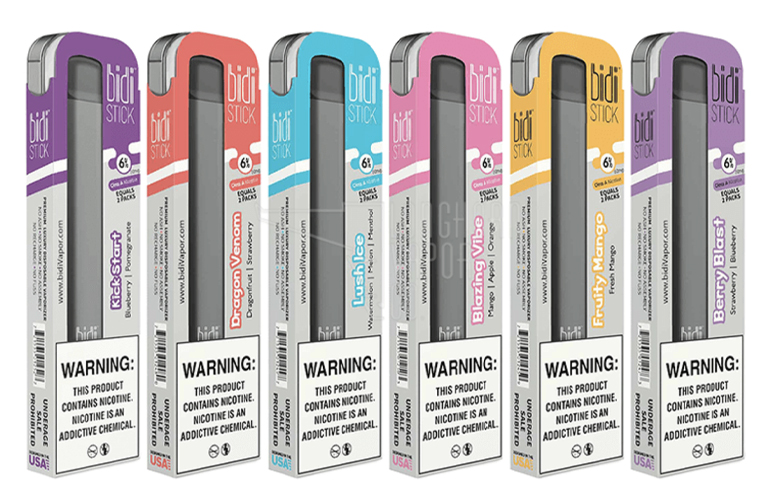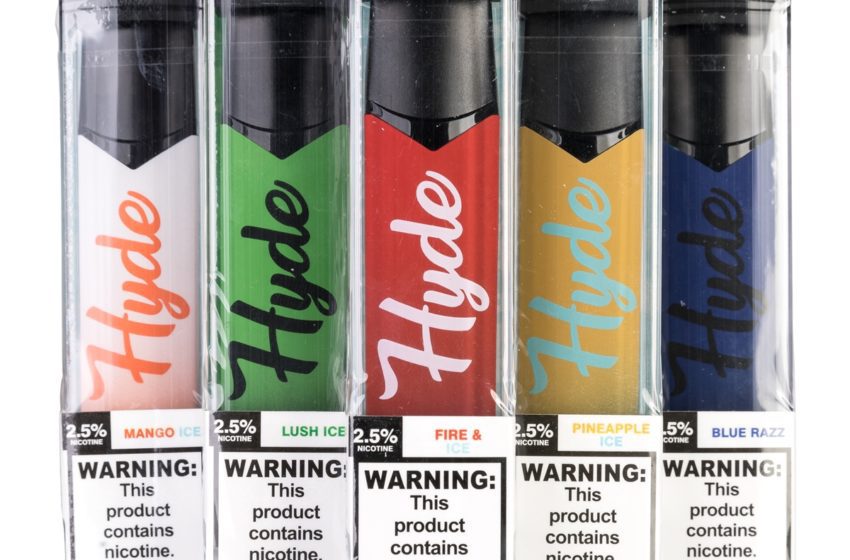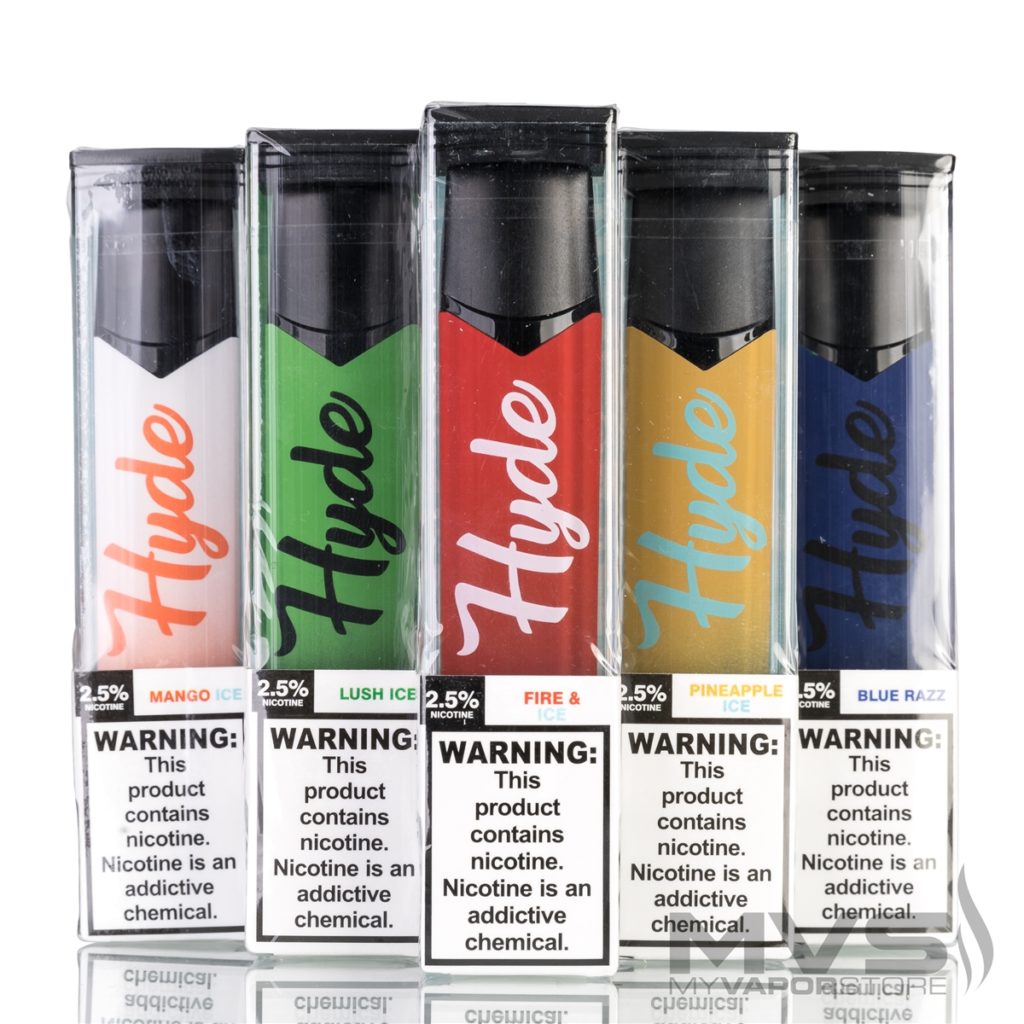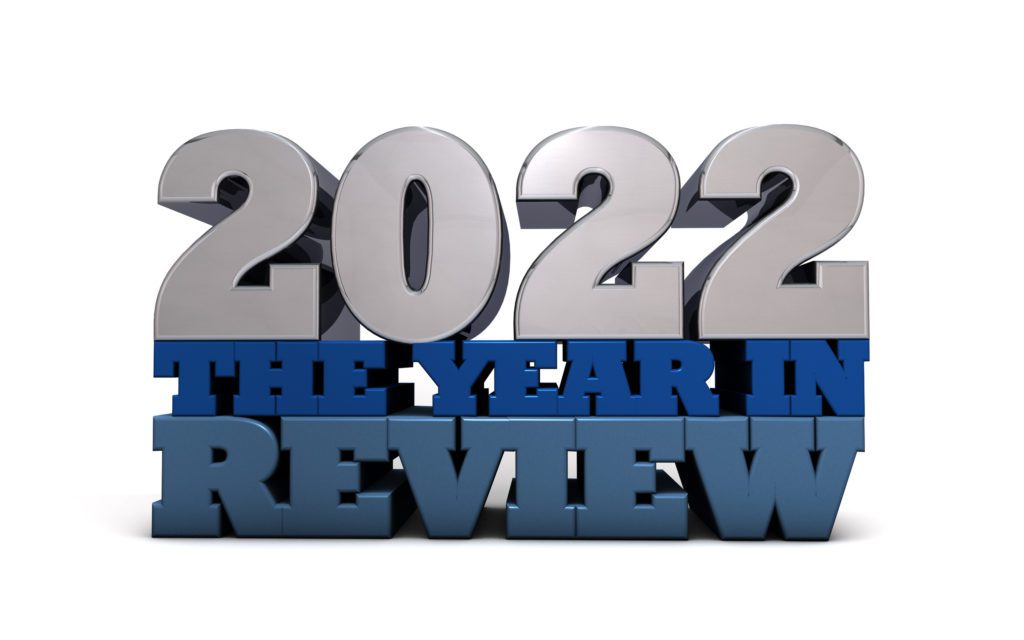
It was more adversity for the vapor industry as many companies are still waiting on PMTA results.
By VV Staff
The year 2022 was tough on the vaping industry. While several countries banned or began heavily regulating vaping products, the United States banning most premarket tobacco product applications (PMTAs) probably had the greatest impact on the industry. Industry analysts estimate that 50 percent to 60 percent of vaping-related businesses in the U.S. had closed by late 2022 after the Food and Drug Administration began issuing mass marketing denial orders (MDOs) for nearly all the 6.5 million PMTAs submitted by 500 companies in 2021.
Companies had until May 14 to submit a PMTA to the FDA to keep their synthetic nicotine products on the market. Companies that failed to secure authorization were supposed to pull their products from the market by July 13. However, the regulatory agency has been using some discretion in its enforcement of synthetic nicotine products as it continues to review both tobacco and nontobacco PMTAs.
One of the biggest stories of the year is the rise of R.J. Reynolds Vapor Co.’s Vuse e-cigarettes, which took over as U.S. market leader from Juul in 2022. Juul’s fall came after the FDA issued an MDO for Juul Labs’ PMTAs on June 23. On July 5, the FDA stayed the MDO, announcing that it would review the decision after determining “there are scientific issues unique to this application that warrant additional review.” By October, Vuse had expanded its market share lead over Juul to 12 percent in the Nielsen analysis of convenience store data.
January

Thirty U.S. states plus the District of Columbia kick off the new year on Jan. 1 with taxes on vaping products. Filipino vapers appeal to Duterte to sign a bill that would legalize vaping. The U.S. Congress begins review the Clarifying Authority Over Nicotine Act of 2021—a bipartisan bill designed to give the FDA the authority to regulate synthetic nicotine products just as it regulates nicotine products made or derived from tobacco. South Africa begins considering taxes on hardware and e-liquids, with high-nicotine products getting higher rates. Malaysia postpones implementing a tax that would have more than doubled the retail prices of e-liquid bottles for open systems. FEELM Air launches in the U.K.
February

Triton Distribution makes opening arguments in its battle with the FDA over how the regulatory agency conducted its PMTA reviews. A court of appeals stays Bidi Vapor’s MDO. Judges grant stays to Diamond Vapor, Johnny Copper and Vapor Unlimited in MDO lawsuits. The U.S. Senate confirms FDA Commissioner Robert Califf. Philip Morris International announces its plans to bypass an import ban by manufacturing IQOS in U.S. The FDA posts its first warning letter for vaping hardware products. The letter is issued to China-based Sigelei Vapor for two coil brands. The U.S. International Trade Commission (ITC) issues a general exclusion order that bans the importation of any unauthorized cartridges compatible with the Juul vaping system that infringe Juul Labs’ patents. The FDA submits its proposal to ban menthol to the Office of Management and Budget for review.
March

The Swedish government proposes a ban on nontobacco-flavored vaping devices, including menthol. The National Youth Tobacco Survey (NYTS) 2021 finds youth cigarette smoking rates in the U.S. at historically low levels, with just 1.9 percent of high school students reporting current use of cigarettes. U.S. President Joe Biden signs a bill giving the FDA power over synthetic nicotine. Companies have 60 days to file PMTAs. China announces e-cigarette regulations, including flavor bans and compliance of all products produced for export with the regulations and laws in the destination country. If a country does not regulate e-cigarettes, China’s rules for vaping products would apply to those exports, including bans on flavors and synthetic nicotine. Myth of a gateway from vaping to smoking is debunked … again. FDA issues marketing orders to eight Logic brand vaping products.
April

Mitch Zeller retires as director of the FDA’s Center for Tobacco Products (CTP). Vuse surpassed Juul to become the No. 1 e-cigarette brand in the U.S., according to Nielsen. Smoore International, the largest vaping company in the world, reports 2021 annual revenue of $2.16 billion. Canada proposes the first federal nicotine-only vape tax. China releases its rules listing the requirements for design, chemical compounds and the mechanics for manufacturing e-cigarettes. New York Stock Exchange rules force RLX Technology co-founder Kate Wang to resign from RLX committees. Fontem Ventures, a subsidiary of Imperial Brands, receives an MDO for its MyBlu products. Judge orders the FDA to give PMTA updates every 90 days for products with at least a 2 percent market share. Juul begins settling marketing lawsuits with several states. Hong Kong’s ban on vaping products makes it illegal to use or carry an activated vaping device in no-smoking areas. The FDA publishes rules for the menthol ban. Several Njoy vaping products receive marketing orders.
May
 For the first time, the FDA issues warning letters for marketing products containing delta-8 THC. Several R.J. Reynolds Vapor Co. Vuse branded e-cigarette products receive marketing orders, including six new tobacco products, through the PMTA pathway. The San Diego City Council passes an ordinance for the second time banning vape flavors, and it’s effective Jan. 1, 2023. In its first status report, the FDA states that it expects to have resolved 63 percent of PMTAs set out in its original priority by June 30. Altria Client Services pays $100.5 million for assets and properties used in Poda Holdings’ business of developing, manufacturing and marketing multi-substrate heated capsule technology. FEELM wins four Red Dot Awards, an international competition for product, communication and concept design. Longtime Centers for Disease Control and Prevention alumnus Brian King succeeds Mitch Zeller at the FDA’s Center for Tobacco Products (CTP).
For the first time, the FDA issues warning letters for marketing products containing delta-8 THC. Several R.J. Reynolds Vapor Co. Vuse branded e-cigarette products receive marketing orders, including six new tobacco products, through the PMTA pathway. The San Diego City Council passes an ordinance for the second time banning vape flavors, and it’s effective Jan. 1, 2023. In its first status report, the FDA states that it expects to have resolved 63 percent of PMTAs set out in its original priority by June 30. Altria Client Services pays $100.5 million for assets and properties used in Poda Holdings’ business of developing, manufacturing and marketing multi-substrate heated capsule technology. FEELM wins four Red Dot Awards, an international competition for product, communication and concept design. Longtime Centers for Disease Control and Prevention alumnus Brian King succeeds Mitch Zeller at the FDA’s Center for Tobacco Products (CTP).
June

Mexico bans all vaping and heated-tobacco products. Mexican President Andres Manuel Lopez Obrador signs a decree that outlaws the sale of e-cigarettes in line with continuing the government’s ongoing anti-vaping policy. Heated-tobacco products are not exempt from the ban as previously reported that they would. Njoy Daily disposables get marketing orders; however, the FDA issued MDOs to Njoy for multiple other flavored Daily e-cigarette products. A study finds e-cigarette or vaping product use-associated lung injury (EVALI) and Covid-19 boosted misinformation on vaping. A federal court jury finds R.J. Reynolds’ Vuse Solo and Alto devices infringe two Philip Morris patents. Zinwi is among the first to get a green light to produce e-liquids under China’s new regulatory framework. Juul receives an MDO, which is subsequently stayed in court. The FDA places Juul’s application back under review. EU lawmakers propose a flavor ban for heated-tobacco products.
July
 PMI opens its flagship IQOS store in South Africa. Confronted with rising prices for batteries, engineers in Ukraine begin using power cells from vapes to power drones. A U.S. administrative tribunal invalidates two claims in an R.J. Reynolds vaping patent. Panama bans the sale and import of vapes, joining more than a dozen Latin American and Caribbean countries with such restrictions. Brazil also maintains its ban on vaping products. The FDA issues first warning letters for synthetic products. Juul Labs begins exploring financing options to avoid bankruptcy. Juul quarterly revenues drop 23 percent. FDA Commissioner Robert Califf says the nonprofit Reagan-Udall Foundation—a nongovernmental research group created by Congress to support the FDA’s work—will convene experts to evaluate the CTP within 60 business days. Matt Holman, the director of the CTP’s Office of Science, announces he is stepping down. Altria reduces the value of its investment in Juul Labs to $1.3 billion, a nearly 70 percent loss of its original $12.8 billion evaluation. The Philippine president allows a bill that legalizes e-cigarettes to lapse into law.
PMI opens its flagship IQOS store in South Africa. Confronted with rising prices for batteries, engineers in Ukraine begin using power cells from vapes to power drones. A U.S. administrative tribunal invalidates two claims in an R.J. Reynolds vaping patent. Panama bans the sale and import of vapes, joining more than a dozen Latin American and Caribbean countries with such restrictions. Brazil also maintains its ban on vaping products. The FDA issues first warning letters for synthetic products. Juul Labs begins exploring financing options to avoid bankruptcy. Juul quarterly revenues drop 23 percent. FDA Commissioner Robert Califf says the nonprofit Reagan-Udall Foundation—a nongovernmental research group created by Congress to support the FDA’s work—will convene experts to evaluate the CTP within 60 business days. Matt Holman, the director of the CTP’s Office of Science, announces he is stepping down. Altria reduces the value of its investment in Juul Labs to $1.3 billion, a nearly 70 percent loss of its original $12.8 billion evaluation. The Philippine president allows a bill that legalizes e-cigarettes to lapse into law.
August

CTP Director Brian King states that the agency is “making significant progress” in reviewing synthetic nicotine applications. Chinese car maker BYD gets a vape production permit and its stock price soars. Monroe County becomes the first in New York state to accept e-cigarettes and e-liquids for safe disposal. VPR Brands receives an FDA warning letter for its nicotine gummies. FEELM, one of the largest and most influential e-cigarette brands, earns its production license in China. The U.S. Court of Appeals for the Eleventh Circuit grants petitions for review filed by Bidi Vapor, Diamond Vapor and four other companies challenging the FDA’s rejection of their e-cigarette applications in a 2-1 decision. Great Britain reports record levels of vaping in a report that found 2.4 million vapers are ex-smokers. Vuse’s market grows from 37.4 percent to 39 percent, with Juul declining from 30.7 percent to 29.4 percent. A U.S. appeals court denies a petition to review the FDA’s marketing denial order to Illinois-based e-liquid manufacturer Gripum.
September

Juul Labs agrees to pay nearly $440 million to settle a two-year investigation by 33 U.S. states into the marketing of its vaping products, which critics have blamed for sparking a surge in underage vaping. A jury in the U.S. District Court for the Middle District of North Carolina awards Altria Client Services more than $95 million after finding that Reynolds Vapor Co.’s Vuse Alto e-vapor product infringes three Altria patents. The FDA states it sent more than 44 warning letters to manufacturers and over 300 warning letters to retailers for violations relating to nontobacco nicotine. Alaska’s governor vetoes an age-to-vape bill because it also included the implementation of a tax on e-cigarettes. Nicaragua bans the import of e-cigarette products. Altria Group exercises its option to be released from its noncompete deal with Juul Labs. Maine backs out of a Juul settlement claiming it would cancel out school district suits.
October
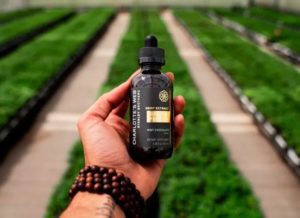
The Colorado Supreme Court rules that the Colorado attorney general’s office’s lawsuit against electronic cigarette manufacturer Juul Labs cannot include four of the company’s executives. The FDA announces that as of Oct. 7, it has issued refuse to accept (RTA) letters for more than 889,000 synthetic nicotine product applications that did not meet the criteria for acceptance. Magellan CEO Jon Glauser says the FDA acknowledged in writing that it had “erred in failing to inform the company” about its MDOs before announcing the move publicly. An analysis suggests that over 90 percent of FDA warning letters were sent to small online retailers. For the first time, the U.S. Department of Justice files requests for permanent injunctions in federal district courts against six e-cigarette manufacturers on behalf of the FDA. Charlotte’s Web signs the first CBD licensing deal with Major League Baseball. A health regulatory body for Mexico’s government says its scientists have developed a new methodology to analyze the aerosols in electronic nicotine-delivery systems because “no one else has come up with one.” PMI reaches a deal with Altria Group to pay nearly $2.7 billion for exclusive U.S. commercialization rights to IQOS. FDA staff comments for the Reagan-Udall assessment of the performance of the CTP suggest the regulatory agency is in a state of disarray and being influenced by outside forces not scientific research. The FDA issues its first menthol MDOs for the Logic Pro Menthol E-Liquid Package and the Logic Power Menthol E-Liquid Package.
November

China’s Ministry of Finance imposes a consumption tax on e-cigarettes sold in China from Nov. 1. China bans celebrities from endorsing vaping products. Logic is granted a temporary stay of the FDA’s menthol MDO. The EU publishes a directive officially banning flavors in heated-tobacco products throughout the union. Magellan sues the FDA and the U.S. Department of Health and Human Services, claiming the agencies violated the Administrative Procedure Act in the PMTA reviews. Maryland and Missouri become the 20th and 21st states to legalize marijuana for adult recreational use, but cannabis reform efforts meet defeat in Arkansas, North Dakota and South Dakota. Vuse’s market share rises from 40 percent in the previous report to 40.4 percent compared with Juul declining from 28 percent to 27.6 percent in Nielson’s four-week period ending Nov. 5. The European Union proposes a bloc-wide vaping tax policy as part of a shake-up of levies on the tobacco industry.
December

Macau’s blanket ban on vaping products goes into effect. The rules prevent people from carrying e-cigarettes across the border with fines up to mop20,000 ($2,505). The Netherlands bans all e-cigarette flavors except tobacco effective Oct. 1, 2023. U.S. President Joe Biden officially signs the first piece of standalone federal cannabis reform. The Marijuana and Cannabidiol Research Expansion Act is aimed at providing federal support to facilitate research of cannabis and its potential health benefits. Juul Labs settles more than 5,000 lawsuits covering more than 10,000 individual plaintiffs. Financial terms of the deal were not disclosed. Costa Rica for the first time gives a company authorization to grow and process hemp. Canada’s Minister of Mental Health and Addictions and Associate Minister of Health released a report finding that vaping products offer the 3.8 million Canadians who smoke a less harmful source of nicotine than tobacco products, and do help people to stop smoking. The Reagan-Udall Foundation submitted its recommendations to the commissioner of the FDA. The report concludes that vaping industry stakeholders observed a lack of “consistent implementation” of what the industry understood to be the policies of the Center for Tobacco Products (CTP), particularly with respect to tobacco harm reduction and the requirements needed to navigate the PMTA process. A separate investigation, conducted by the U.S. Office of Special Counsel (OSC) after a whistleblower complaint, found the CTP had relaxed its standards of review for certain tobacco products and stifled attempts by its scientists to raise concerns.
Looking ahead
It’s impossible to predict what the vaping industry will look like by the end of 2023. The U.S. will probably see a decline in product variety because the FDA is unlikely to approve many devices. However, globally, especially in the EU and the U.K., the industry should continue to thrive and expand, according to industry analysts. More importantly, innovation should continue to thrive outside the U.S.
Gregory Conley, director of legislative and external affairs for the American Vapor Manufacturers Association, said the global fight for fair and sensible regulation of vaping products will continue throughout 2023. “Regrettably, just like years prior, some battles will be lost, and the end result will be fewer adults who smoke fully switching to vaping,” he said. “However, the silver lining is that—as we see today in Australia and Thailand—even prohibitions with criminal sanctions are not enough to stop illicit markets from popping up. This industry will never be able to stop every attempt at prohibition, but it can continue to document and expose how black markets follow whenever these bans are implemented.”
On the U.S. state level, Conley said his major concern is PMTA registry bills being put forth by the tobacco industry. He explained that these bills would devastate law-abiding vape shops and smoke shops by banning any vaping product that does not have a PMTA granted or explicit enforcement discretion from the FDA. “This means that synthetic nicotine, nicotine-free [products] and CBD/delta products would all become illegal to sell,” said Conley.
Nationally in the U.S., Conley said the FDA’s policy on vaping products in 2023 is likely to still be characterized by regulatory paralysis and the eternal search for the least politically controversial regulatory option. “Despite declines in youth vaping and the admonishment of federal judges, leadership at FDA remains steadfastly committed to having more combustible cigarettes on the market than vaping products,” he said. “On the plus side, the pace of FDA review has been slow to say the least, so we won’t hear rulings on many applications until 2024 or later.”

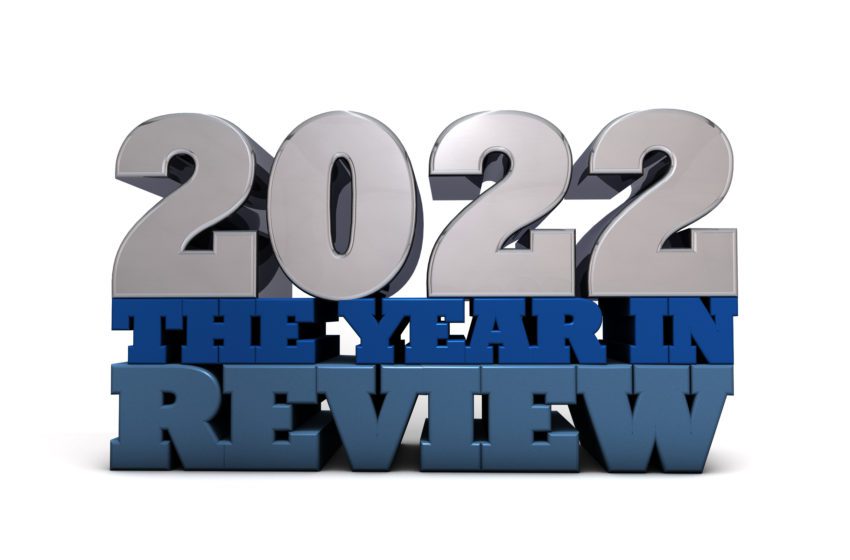
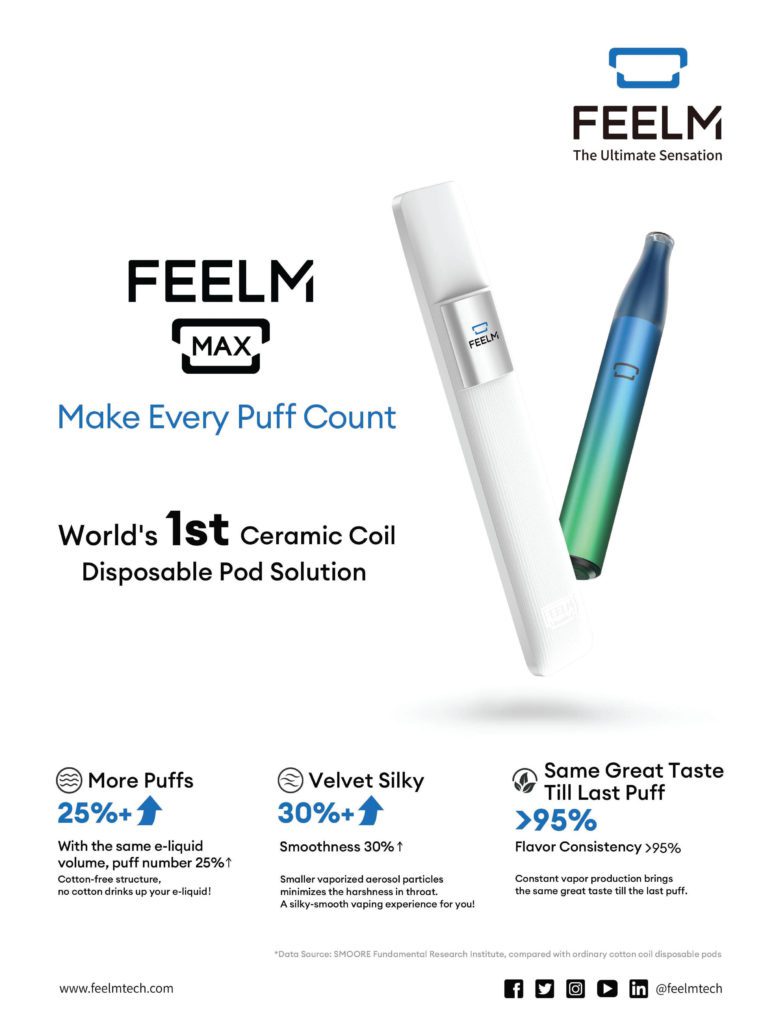

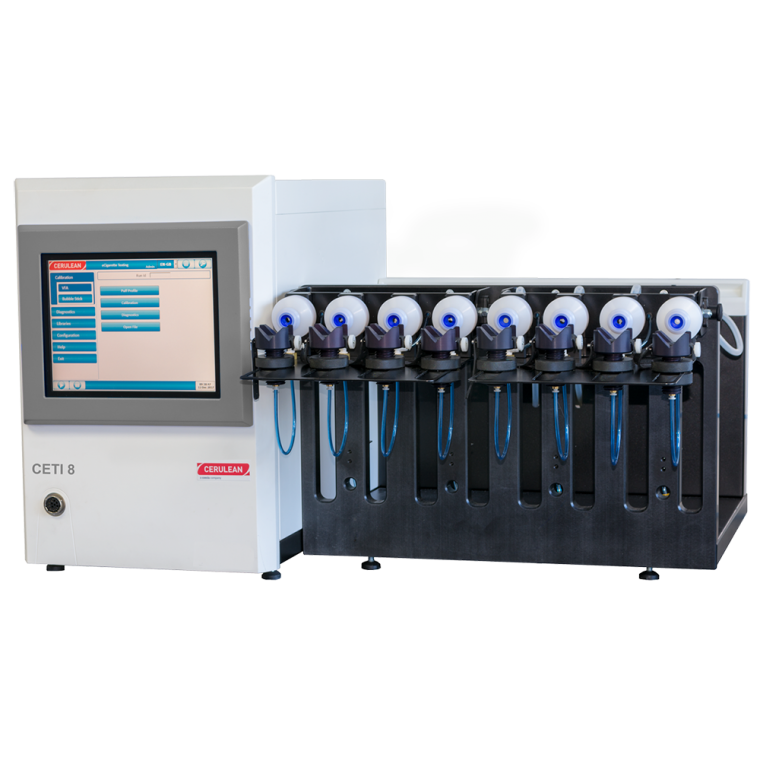
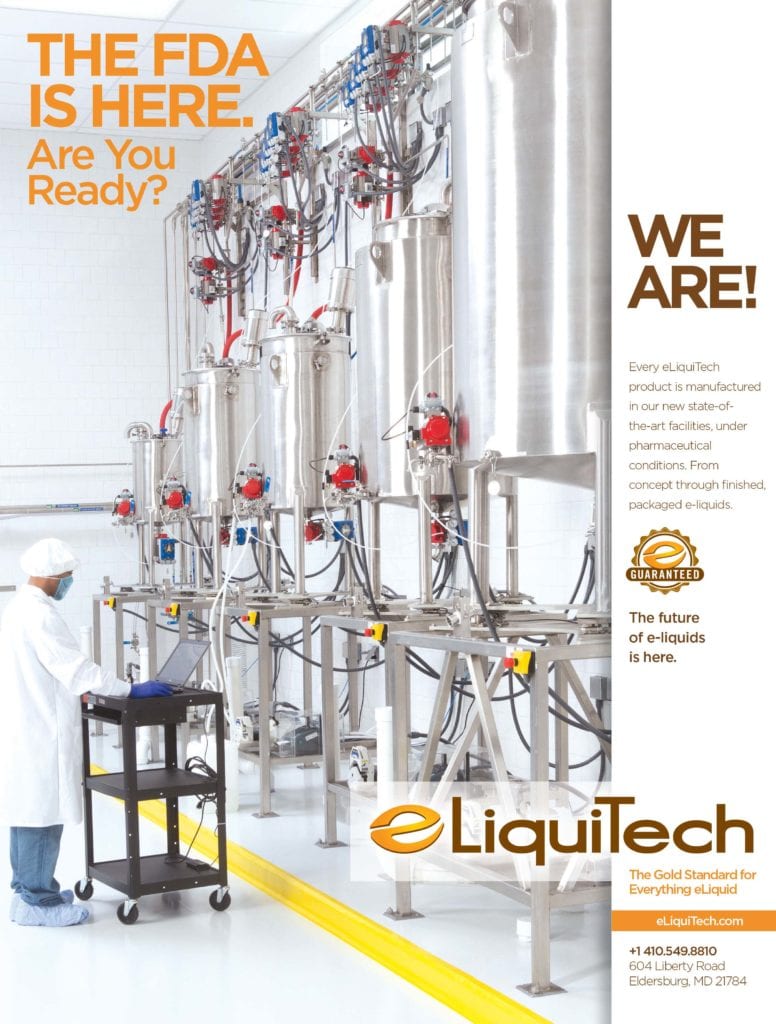
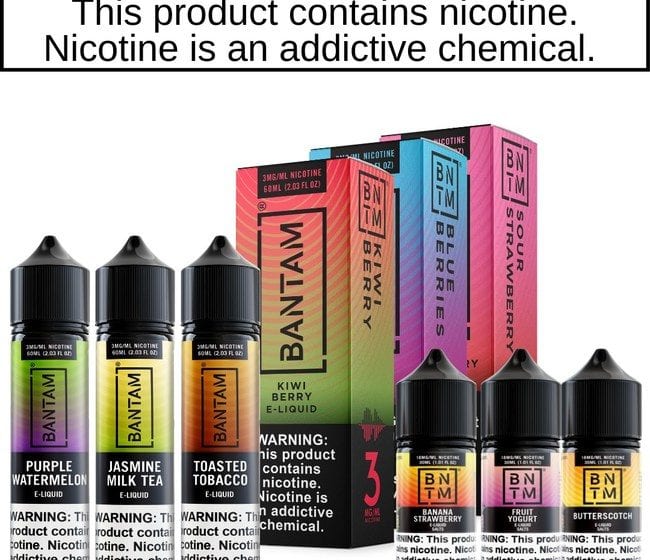

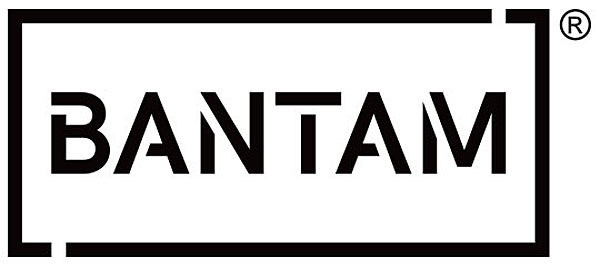
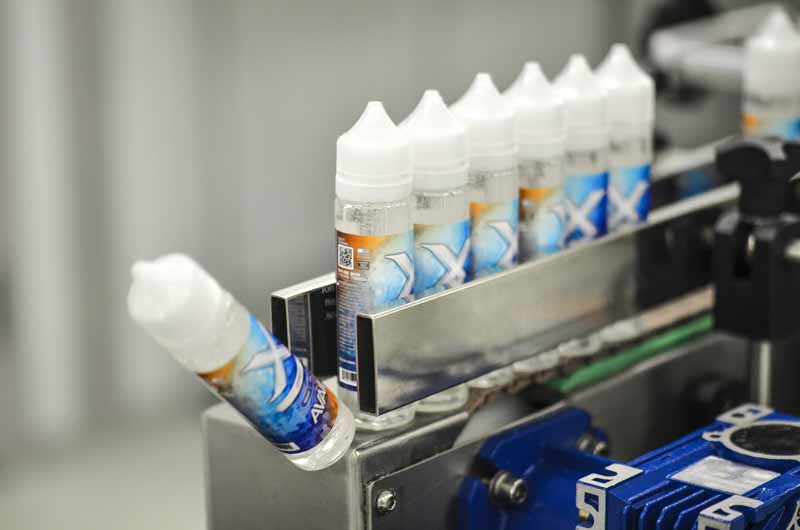


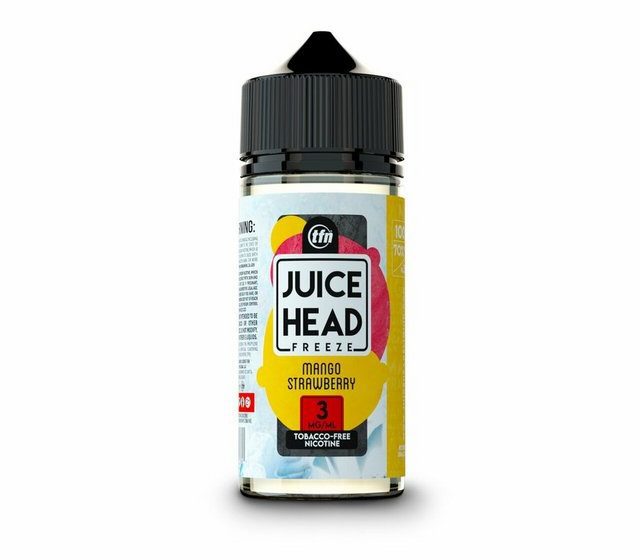
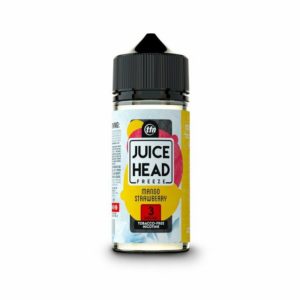 Streamline, parent to Juice Herad and several other e-liquid brands, announced that the U.S. Food and Drug Administration
Streamline, parent to Juice Herad and several other e-liquid brands, announced that the U.S. Food and Drug Administration 